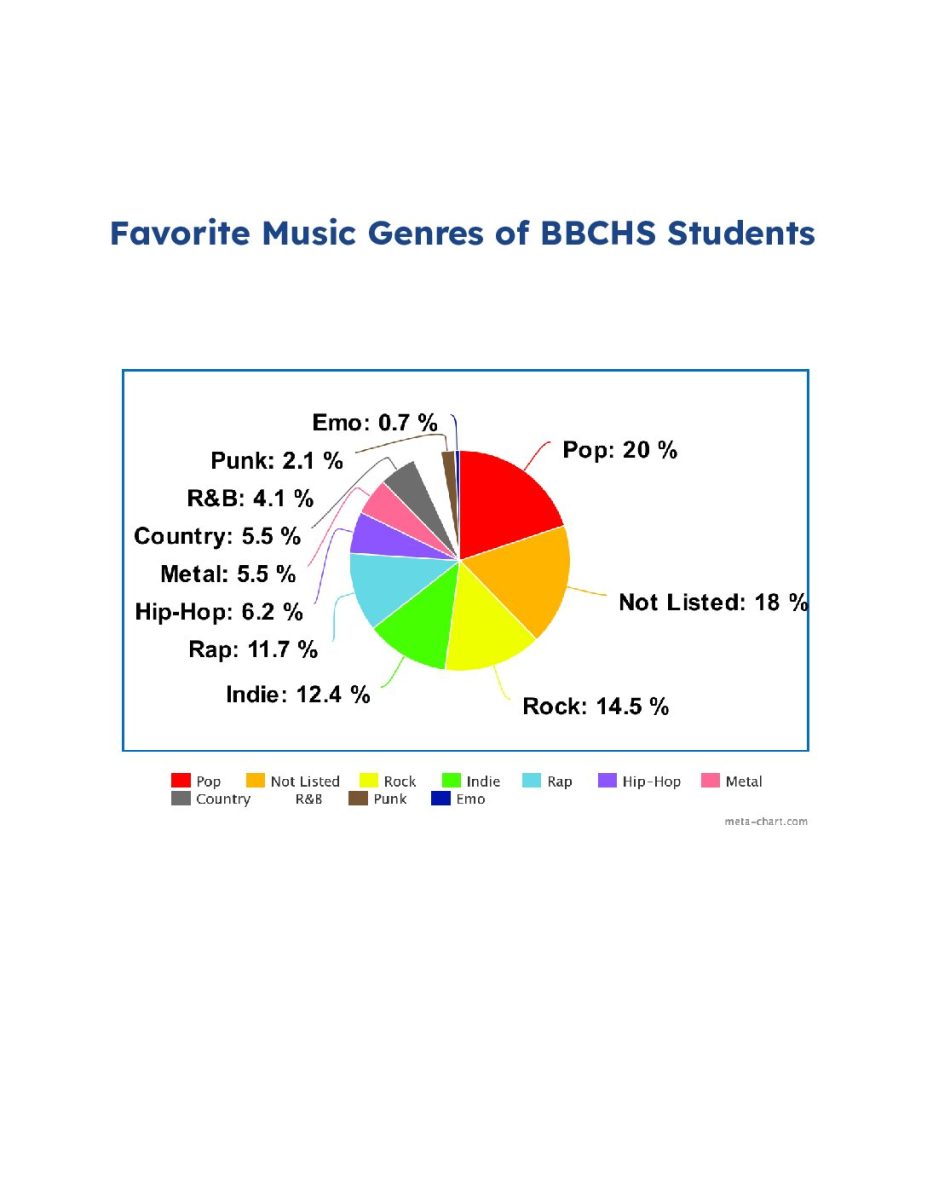When was the last time you had mac-n-cheese? Or have battled with illnesses that you can find where they came from? Well, have you ever thought that the food that you take in has a large impact on your health? The food that is available to you based on your income takes a toll on your health, which in turn makes profits for organizations like pharmaceutical companies. Our doctors may advise us to go on a diet and join a gym, but to low-income families, healthy foods and gym memberships may not be an option. The FDA should be in the business of creating effective programs for all.
The limited availability of unprocessed, perishable foods to low-income families is becoming increasingly concerning. According to Craig Gundersen, poor individuals struggle with choosing their necessities. “We know that poorer individuals and households generally spend a greater proportion of their income on food than more financially wealthy households. This illustrates the evident truth that food is a staple consumable understandably prioritized even by those with less economic capacity. However, in the context of generalized inflation, in the costs of food and other essentials, more of the poor in countries such as the U.S. are increasingly required to choose between even the basic level of nutrient and other essentials, such as heating.” This can lead to very poor diets. Think about what you typically see when going to the grocery store: Most of what is available there may not be an option for low-income families, even with the use of Supplemental Nutrition Assistance Program-SNAP. Yes, SNAP opens the opportunity to a well balanced diet, but with the grocery prices rising and the limited availability of SNAP benefits, it may still be difficult to maintain a healthy diet.
If prices keep rising , the need for SNAP and other programs to help aid low-income families will continue to increase. When such assistance programs are not available, the use of processed food becomes a serious health issue with diets consisting of things like instant noodles, canned fruits and veggies, cereal, and frozen meals. When companies process food they actually change the way you absorb nutrients from the foods. Anthony Fardet and Edmond Rock explain these changes. “Take an almond: it is hard, brown and fibrous. If an almond is ground, its matrix changes: it’s now in the form of powder. But if the composition of ground almonds is theoretically identical to that of whole ones, their effects in the body are not the same. In particular, the nutrients are digested differently, altering the body’s physiological and metabolic responses.”
Some of the health problems that arise from a processed diet are diabetes, high blood pressure, and obesity, which may lead to chronic illnesses. Joel Fuhrman writes, “Over the past 50 years, the health of Americans has gotten worse, and now 71 percent of Americans are overweight or obese [up from 66 percent five years ago]. That means a staggering 100 million people in America are obese. Today, eating processed foods and fast foods may kill more people prematurely than cigarette smoking. Refined carbohydrates may not just lead to being overweight and diabetic, but also contribute to dementia, mental illness, and cancer.” Because of this increased incidence of various illnesses, pharmaceutical companies are putting more money in their pockets.
Although food insecurity causes many other issues, there may be a way to help solve these issues. Creating more food banks and free access to local gardens could help, but we also need to make community food security programs more accessible. The National Library of Medicine states, “Gardening is very popular—more than 83 percent of U.S. households are involved in some form of lawn or gardening activities. They are relatively low cost for families. Also, SNAP benefits can be used to purchase seeds and plant starts. Urban agriculture programs capitalize on available assets in many struggling cities and give a voice and a way for citizens to take action for themselves in order to improve food security and nutrition for their families.” These efforts in many communities can ultimately build more opportunities for availability of healthier alternatives, which in turn will lower illness rates and make healthcare more affordable for everyone.
Even though there are solutions, as stated before, these would not work without the participation from not only communities but the country as a whole and as nations as a whole. When it comes to food insecurity, no one should have to choose whether to eat or to have electricity that month. Despite the fact that in some communities food insecurity may not be an apparent issue, all communities and individuals should give to others when they can.
As Howard Zinn says, “Small acts, when multiplied by millions of people, can transform the world.” Small acts of kindness and being aware of how you can help others, especially when it comes to food, can impact many things like the physical and mental health of others, and overall quality of life. We can only do one thing, and that is to be kind, give when you can, and be aware and spread awareness of food insecurity within your own community.
If you are struggling with food insecurity, you are not alone. Here at BBCHS, there is an organization called Bettering Boilers, which provides students in need a judgment-free way of receiving food from their pantry. They have a to-go bag or you can shop for not only food items but also personal-care and hygiene products. For more information please email Mrs. Katie Lindo at [email protected] .

